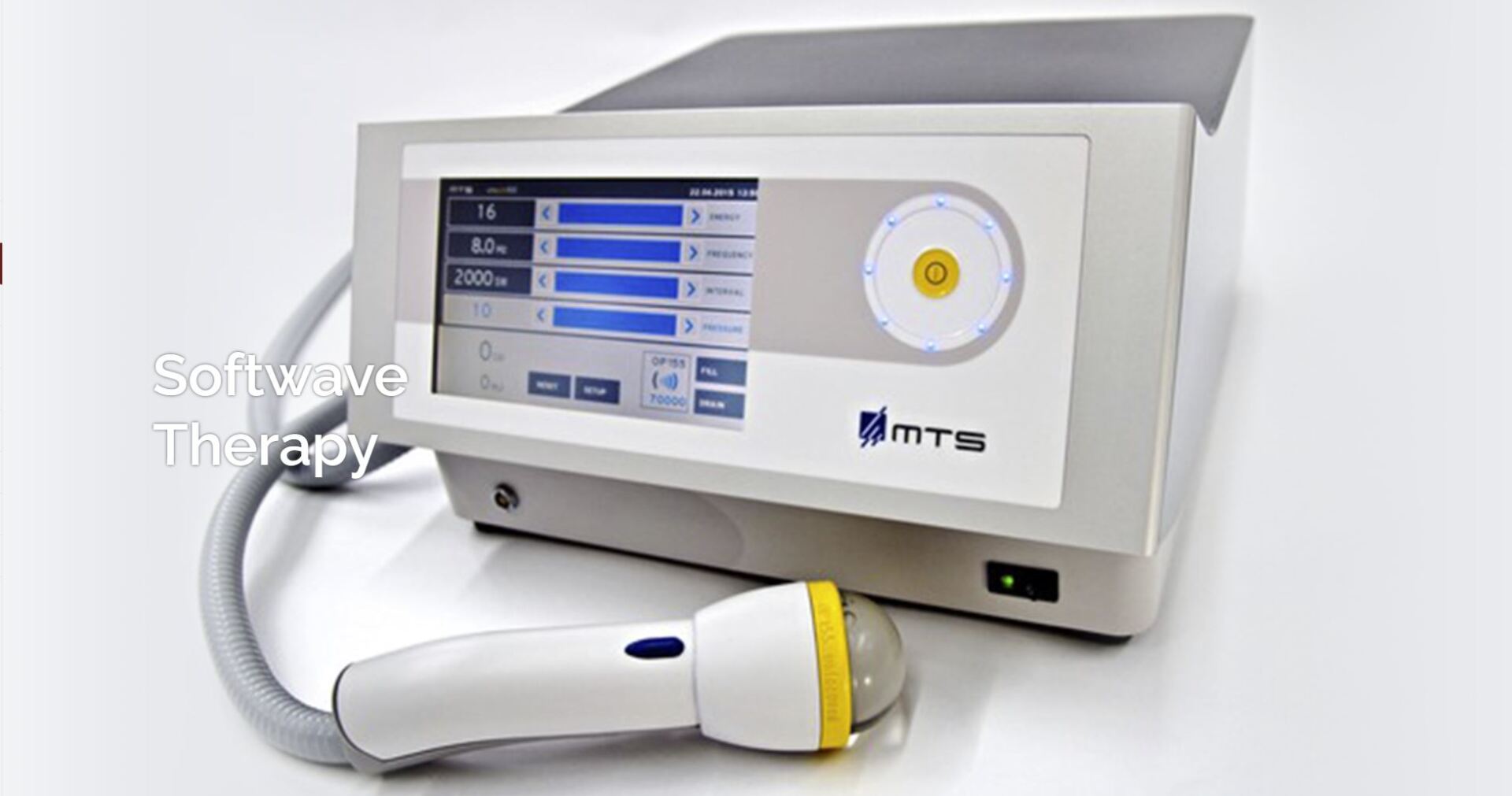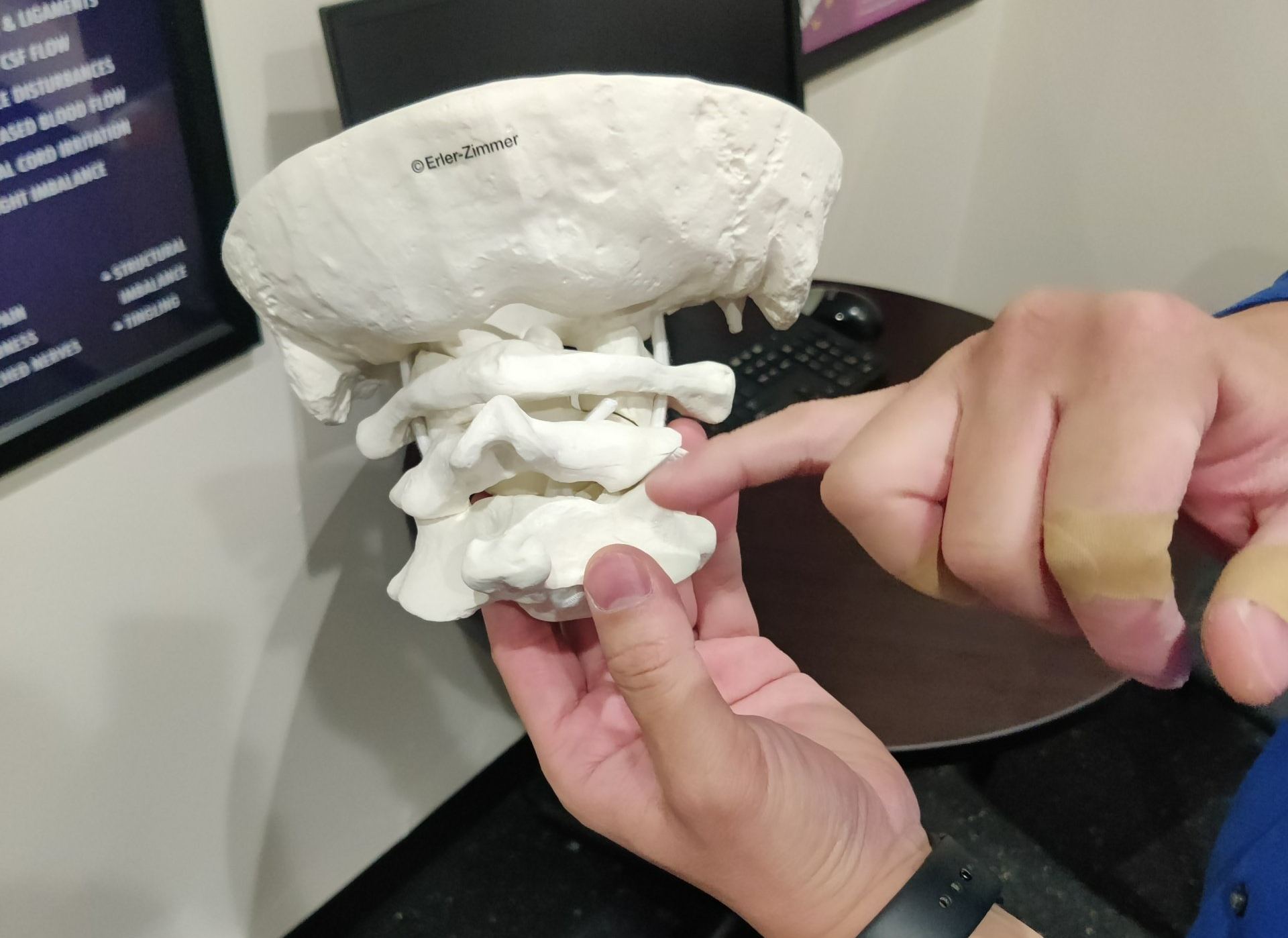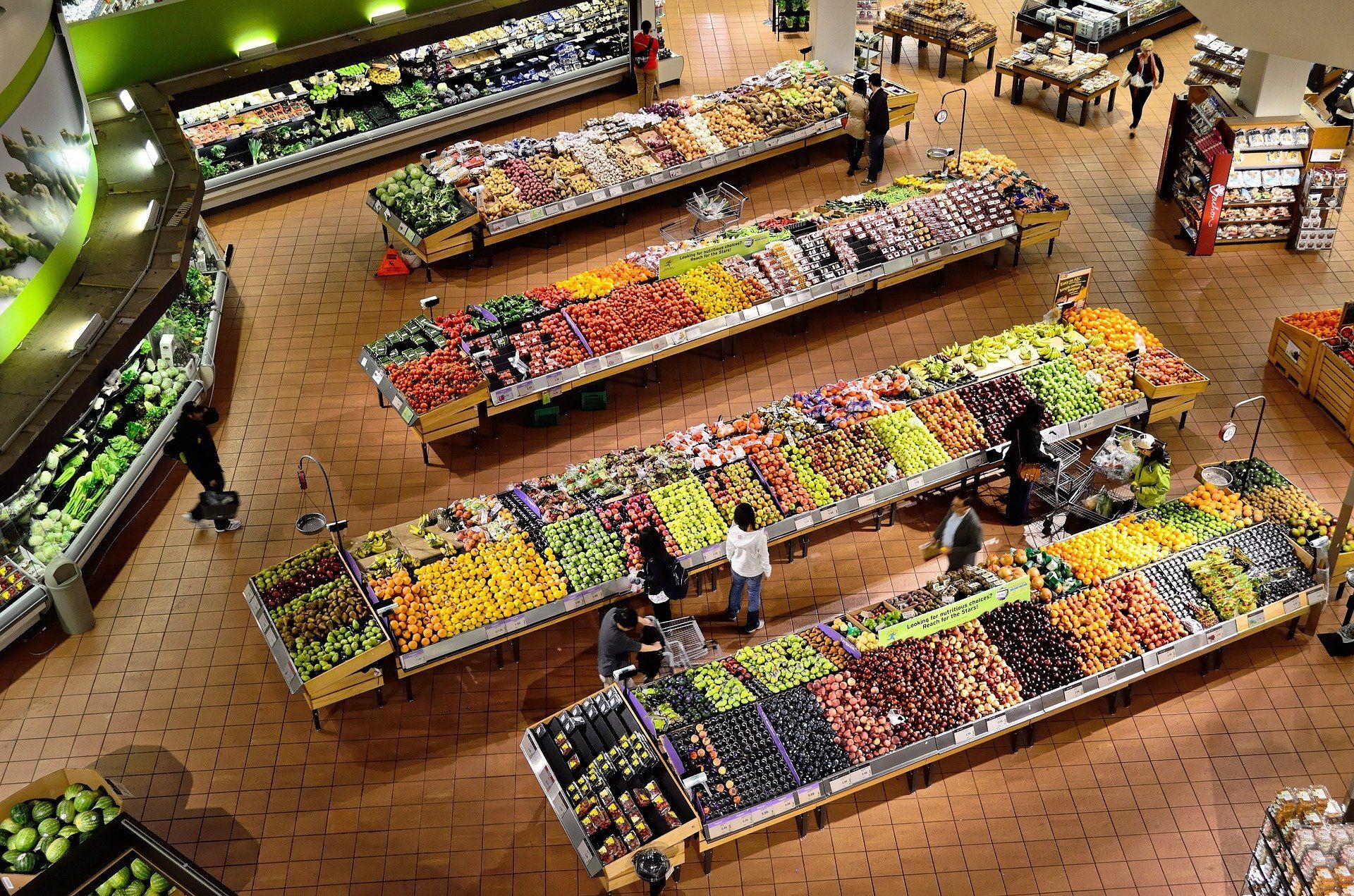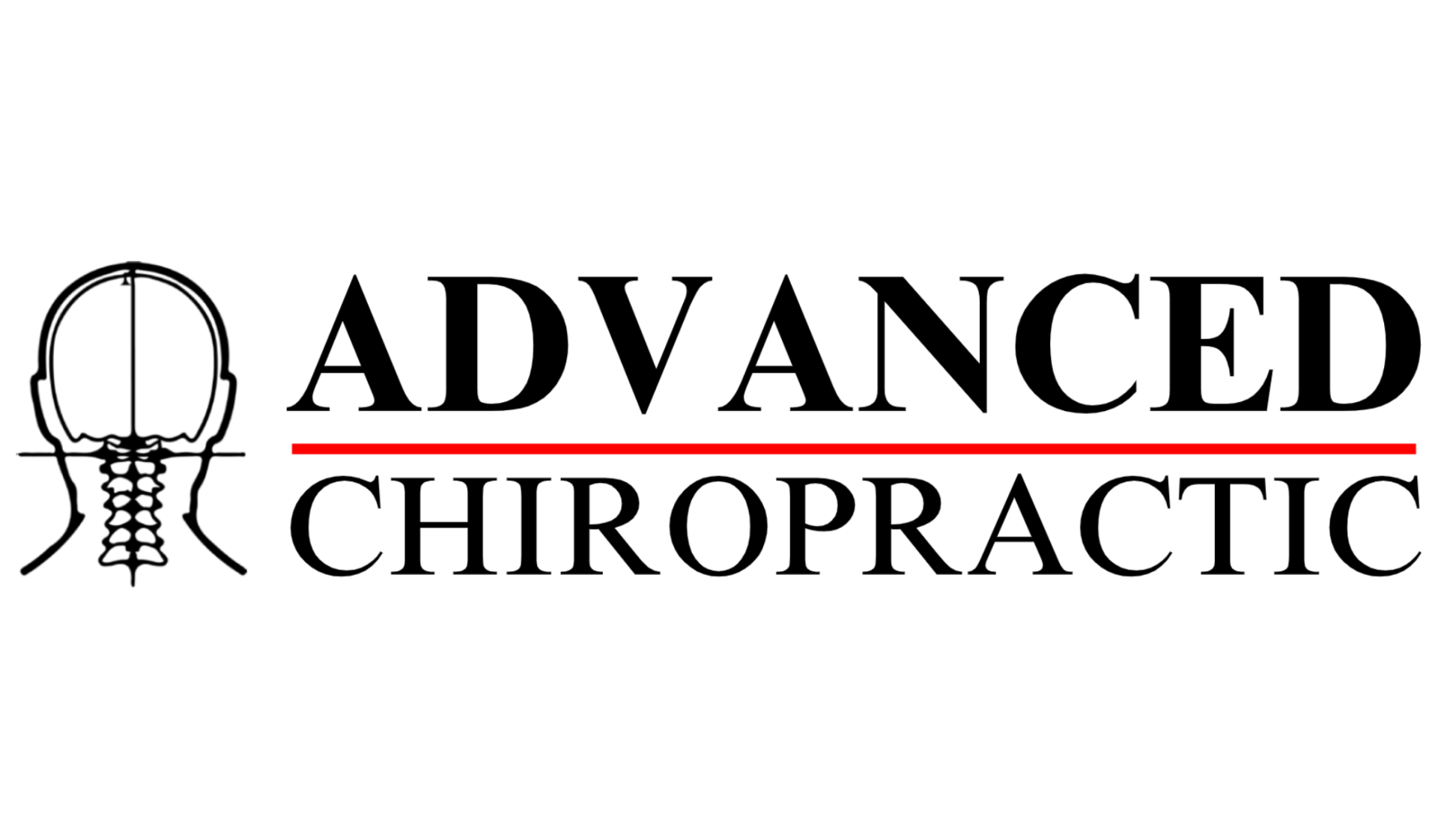Blog
My
Tips
Advice, recommendations, information

Unlock the Power of Softwave Therapy For those of us who have dealt with chronic pain, or undergoing physical rehabilitation, you know how important it is to find relief. Softwave therapy has become increasingly popular lately as a form of non-invasive treatment that promises fast and long lasting results. It's not only used to offer pain relief; but also to improve circulation, reduce swelling, enhance muscle healing and much more! In this post we'll explore the five great uses for softwave therapy and discuss why it might be worth considering if you're looking for an effective alternative for dealing with your specific ailments. Keep reading to discover the full scope of benefits that softwave therapy can provide.

Many of us suffer from chronic headaches, neck pain, and other issues that can be debilitating. Traditional treatments may provide temporary relief but don't always address the underlying cause of the problem. Pain medications only mask the symptoms and can come with a host of side effects. Surgery is often too invasive for many people to consider as an option. Upper Cervical Chiropractic offers a natural solution to these problems without any medication or surgery. It focuses on realigning the top two vertebrae in your neck which helps reduce pain and discomfort while also improving overall function and quality of life. In this blog post we'll explore how upper cervical chiropractic works, what it can do for you, and why you should consider this form of treatment if you're suffering from chronic headaches, neck pain or other issues.

As a parent, you want your child to be healthy and happy. But it can be hard to know how best to ensure their wellbeing. Most parents don't realize that chiropractic care for kids can help unlock optimal health and wellbeing. Without proper alignment of the spine, your child's nervous system may not function optimally, leading to physical or mental issues down the line.
At Advanced Chiropractic, we specialize in providing gentle and effective Blair Upper Cervical Chiropractic Care for Kids - Unlocking Optimal Health & Wellbeing. Our treatments are tailored specifically for children of all ages so they can reach their full potential through improved nervous system functioning. With our specialized care, you can rest assured knowing that your son or daughter is receiving the best possible treatment available!

Many people suffer from chronic neck and head pain, but don't want to resort to invasive treatments or medications. Painkillers can be addictive and surgery is risky, so what other options are there? How can you get relief without putting your health at risk? Upper cervical chiropractic care may be the answer. This non-invasive form of treatment focuses on realigning the first two vertebrae in the neck to relieve pain and other symptoms associated with head and neck conditions. In this article, we'll discuss how upper cervical chiropractic works, what to expect during treatment, and its effectiveness.

4 Benefits of Decompression Therapy If you suffer from chronic back pain, you may be familiar with the term “decompression therapy.” Decompression therapy is a nonsurgical treatment option that can provide relief from back pain. The therapy entails lying on a table while a machine gently stretches the spine. This stretch pulls the disc material away from the nerve root and relieves pressure on the nerves. Decompression therapy has been proven to be an effective treatment for herniated discs, degenerative disc disease, and other spinal conditions. Here are 4 benefits of decompression therapy: 1) Nonsurgical Treatment Option for herniated discs, degenerative disc disease, and sciatica 2) Helps with range of motion and flexibility 3) Non-Invasive with few to no side effects 4) Affordable compared to other treatments

There are so many things I can cover regarding food and nutrition – it is endless. Theoretically speaking, “you are what you eat” is a true statement. What we put into our bodies, chemically, is one way to affect the nervous system – good or bad. My patients often ask me what else they can do, in addition to getting regular chiropractic adjustments, to better their health. Although there are many complementary recommendations, diet and nutrition is among the most important. By no means am I a dietitian or a nutritionist. My goal in covering this topic is to provide general knowledge so that you can make better informed choices for your health. This topic will be covered in several posts over the next few months. For now, we will keep things basic and talk about organic vs. non-organic. Why Organic? There are many benefits to consuming organic foods compared to non-organic foods. Some of these benefits include: 1. Minimal/fewer pesticides 2. Fresher food 3. Organic farming is better for the environment 4. Organically raised animals are NOT given antibiotics or growth hormones 5. GMO-Free Intaking GMO’s and pesticides daily can have varying health implications, especially to mental and emotional health. GMO’s and Pesticides GMO’s, known as Genetically Modified Organisms, are engineered to make food crops resistant to the herbicide Roundup. Roundup is used to prevent the weeds from damaging the products. The problem here is two-fold: One, we are eating foods that are genetically modified. Secondly, because the crops are resistant to herbicides, we are consuming the herbicides/pesticides. Can you imagine every time you eat a GMO or non-organic food product; you are ingesting pesticides a little at a time? Here is a list of some of the food items that GMO’s are commonly found in: - Corn/Corn Syrup - Soybean - Squash - Zucchini - Canola - All Processed foods This is just a short list of many GMO products. Risks of Pesticide Consumption Most of us will have a build up of pesticides that we have consumed and accumulated over years of exposure. The chemicals impact on our bodies can lead to health issues, such as, headaches, birth defects, or added strain on weakened immune systems. Even at low exposure, there have been studies published indicating this could increase the risk of certain cancers. Additionally, pregnant women, fetuses, and children are among the most vulnerable to pesticide exposure. During pregnancy, pesticides can be passed from mother to child in the womb, and then again in breast milk. As immune systems in children are still developing, early exposure to pesticides can cause developmental delays, behavioral disorders, or motor dysfunction. The Dirty Dozen (Produce only) Often times, it is difficult to know what we should buy organic or not. The general rule of thumb is: if it is something that you can peel away and do not eat, you can get away with it not being organic. In other words, these food items will have minimal or no amounts of pesticides in them. They are also GMO-free products. According to the Environmental Working Group (EWG), the list of the 12 dirtiest food items, as of 2020 are: 1. Strawberries 7. Peaches 2. Spinach 8. Cherries 3. Kale 9. Pears 4. Nectarines 10. Tomatoes 5. Apples 11. Celery 6. Grapes 12. Potatoes The Clean Fifteen As mentioned before, there are some food items where we peel away the skin and do not eat it – these tend to be the cleanest ones and safe to consume non-organically. They include: 1. Avocados 8. Asparagus 2. Sweet Corn 9. Cauliflower 3. Pineapple 10. Cantaloupes 4. Onions 11. Broccoli 5. Papaya 12. Mushrooms 6. Sweet Peas 13. Cabbage (frozen) 14. Honeydew Melon 7. Eggplant 15. Kiwi I understand some of the items above do not have skins to peel away, such as, cauliflower or broccoli. These items typically have the lowest amount of pesticide residue. To be clear, if you cannot find the organic items from the Dirty Dozen list, it is still better to just consume these non-organically, than it is to avoid them altogether. At least you would still get some nutrients from these produces than not. What about Cows, Chickens, or Pigs? In addition to fruits and vegetables, it is just as important to buy organic meat, eggs, and dairy if it is within your budget. Industrially raised animals are typically fed corn, grains, antibiotics, growth hormones, pesticides, and sewage sludge. These will have health consequences for the animals, and in turn, we are consuming those unhealthy animals. As humans, we are essentially eating what the animals are being fed. When it comes to choosing meat, eggs, and dairy, we should always be looking for products labeled: • Pastured Raised (dairy) • 100% Grass Fed (beef) • Certified Organic (chicken, pork, eggs) I understand to go 100% organic can be costly. To keep things in budget, consider buying produce when they are in season. That is when produce is the freshest and cheapest. Also, buying certain cuts of meat from organically raised animals – organic chicken thighs vs. organic chicken breasts, for example.

January 2021 According to some sources, the human body is made up of more than 70% water. Therefore, it would make sense to stay hydrated daily. In fact, it is a vital part of our health. Many people will say they drink plenty of tea, coffee, or sports drinks – which all contains water, yes. Logic suggests if something has water in it, it should suffice as our daily intake. However, this could not be further from the truth. Once you add something to water, your body will digest it as a food product and start to break down any chemical or nutrient. How Much Water Should I Drink? We have all been told to drink at least 8 glasses of water a day. The problem with this recommendation is, I do not believe in a one size fits all type of recommendation. We are all different people, and our body types are all different as well. For some people, 64 oz of water may be too much! For some, that may not be enough. So, it would make more sense to drink as much as our individual body needs. The BEST recommendation is – Drink ½ of your body weight in ounces…minimum! Increase the daily minimum when exercising or excessive sweating occurs. Why Stay Hydrated – Signs & Symptoms Dehydration can cause many health issues. According to the Mayo Clinic, some of the common signs & symptoms to determine if you may be dehydrated are: extreme thirst, dry mouth dark-color urine less frequent urination fatigue, dizziness, and headaches Dry skin Overtime, you can start to develop some mild to severe health conditions when you do not consume enough water. Some mild to severe complications include: heat stroke or heat exhaustion during vigorous exercise urinary and kidney problems, leading to UTI, kidney stones, or even kidney failure Muscle cramps Is Bottle Water or Filtered Water Better? To start, I DO NOT recommend Aquafina and Dasani water. These brand-name companies put additives into purified tap water. Also, the pH level of these waters has a pH of around 4-6, which is highly acidic and is not good for us. Normal drinking water should always be neutral, with a pH of 7. Some of the safer bottled waters to drink are: Evian, Fiji, Crystal Geyser, Arrowhead, Voss, and Mountain Valley Spring Water. Additionally, just drinking filtered water from your home is a better option than Aquafina or Dasani. Although drinking some of these bottled waters can be safe, to get real health benefits from drinking water, I recommend Ionized Alkaline Water. Noticed I said, Ionized Alkaline Water, which is different than the “alkaline water” you see at grocery stores – a major difference! Alkaline vs. Ionized Alkaline Water It appears some companies are coming out with Alkaline water as a healthier option. This is a misconception. You get no health benefits from just drinking alkaline water alone. In fact, drinking too much bottled alkaline water can cause health concerns. One of the biggest benefits in drinking Ionized Alkaline water is, you get antioxidants compared to the bottled alkaline waters sold by these companies. Most alkaline water is around a pH of 8-9.5. However, you can take any water, add chemicals, minerals, and buffers to it to increase the pH and call it “alkaline water,” which is what these companies do. But these waters lack the antioxidants needed for healing. One big company who is currently taking advantage of this marketing propaganda is: Essentia



